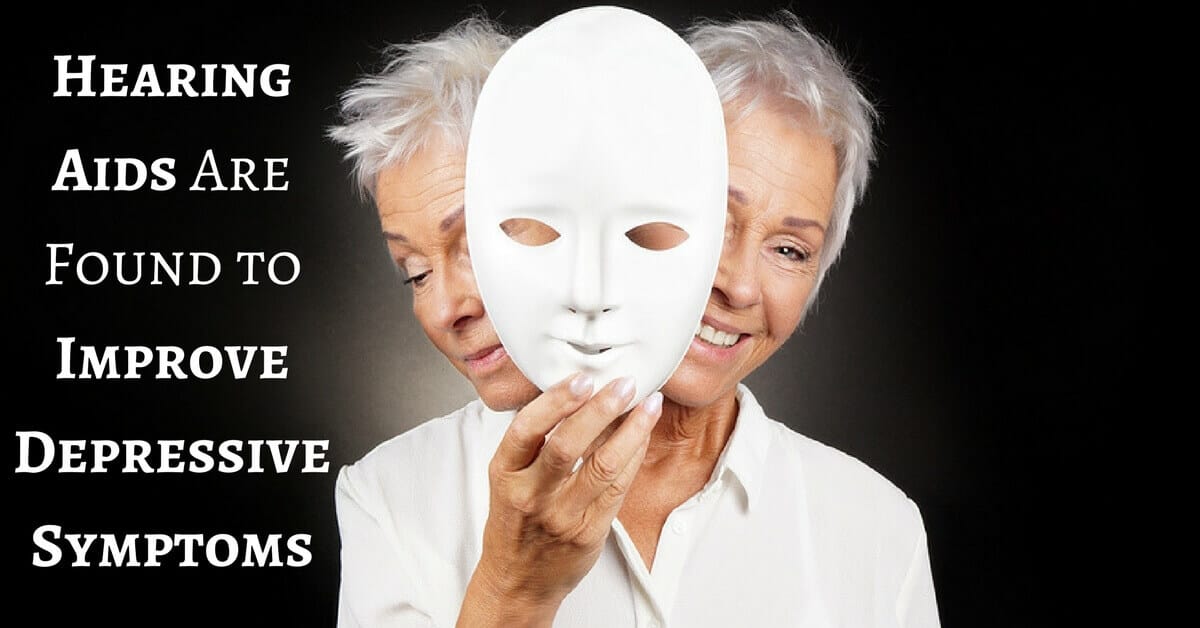Hearing loss affects quite a large segment of the population. About one fifth of people in the United States report some degree of hearing loss. It’s such a widespread condition that the amount of shame or denial associated with hearing loss is surprising. As we age, the odds of experiencing hearing loss equals out to flipping a coin.
How often do we intervene?
Of all treatable hearing loss, only 25% of those people choose to intervene with hearing aids. Some people have a known diagnosis of hearing loss but may be hesitant to treat with hearing aids because of the fear that it will make them feel old. More likely, perhaps, is an outright denial that hearing loss is present in their lives at all. The unfortunate result of this is a whole lot of isolation, depression and misunderstanding where it doesn’t need to be. Studies show that treating hearing loss is one of the most proven ways of treating the depression that sometimes accompanies hearing loss.
Hearing loss as a slow burn
There are certainly instances in which hearing loss happens suddenly and its effects are immediately known. This is the case in traumatic events, such as an explosion or car accident. However, most hearing loss happens gradually over time. Noise-Induced Hearing Loss and Age-Related Hearing Loss, two leading presentations of hearing loss, both occur this way.
In both instances, the tiny nerves of the inner ear deteriorate. This is either simply because of the normal aging process, as with age-related hearing loss, or because of prolonged exposure to dangerous noise, which happens with noise-induced hearing loss. In both examples, the ways hearing loss begin to make itself known are actually quite subtle. Instead of an overall lowering of volume, hearing loss most often occurs in the distortion of frequencies.
Impossible self-diagnosis
This is confusing to people as it seems as though their hearing is perfectly normal for quite some time even though it is slowly but surely deteriorating. Instead, it seems as though other people could be enunciating more clearly instead of mumbling their words. For this reason, many people go years — even decades — without realizing they are experiencing hearing loss.
We adapt by adopting avoidance behaviors
During this time of undiagnosed hearing loss, conversation and interaction may become increasingly difficult. It also may affect feelings of self-worth as miscommunications result in misunderstanding and poor job performance. All of these are instances in which the ways that we connect with others and ourselves are damaged. Human beings are interdependent creatures and wired for connection. When these things don’t happen regularly and in fulfilling ways, our emotional wellbeing begins to suffer.
Proven success with intervention
Many people with hearing loss report feelings of depression, usually as a result of this loss of connection and a withdrawal of the social self. One of the surest ways to combat this is to intervene with hearing aids. Studies show that individuals that treat their hearing loss with hearing aids are far less likely to report depression and isolation.
And the sooner treatment is started, the less likely the patterning of isolating or communication avoidant behaviors has become too deep. It can also mean adjusting to wearing a hearing aid before hearing loss has reached an advanced degree. It can be a smoother transition, too, because the brain has not been without sound information to translate into meaning. If the period of time in which the brain is deprived of sound information is too long, the effortful work of retraining this ear to brain connection is just that much more difficult.
Intervention options abound
Once the decision to meet hearing loss head on is made, a whole host of options opens up. Because the audiology field benefitted just as much from the recent computer technology advancements as any other industry, hearing aids of today are much different than those our grandparents wore. They’re smaller, subtler and tremendously more powerful. They’re able to match their function to the listening soundscape you find yourself in.
Of course, the first step is to schedule an appointment with us at Desert Valley Audiology. Once a reliable diagnosis is reached, our team will guide you through the rewarding process of taking control of your hearing health.

